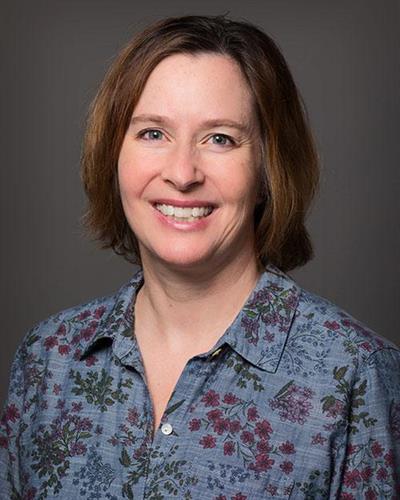
VERSE 2023 Faculty
Biology

Catherine Freudenreich
Professor
The Freudenreich Lab studies genome instability: how DNA breaks occur, how they are repaired, and how these processes contribute to human genetic disease, including repeat expansion diseases (like Huntington's disease) and cancer. The selected student will use baker's yeast as a model organism to address these questions. The course prerequisite is Genetics and a course in molecular biology is preferred.
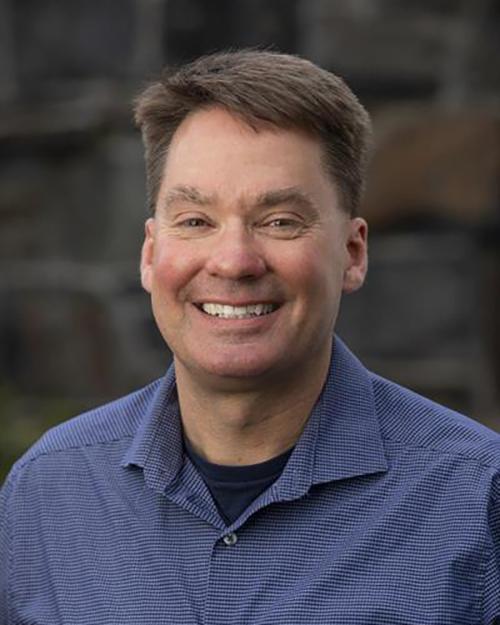
Mitch McVey
Professor
Defects in DNA repair pathways can lead to genetic diseases, cancers, and aging. VERSE students will work with a team of graduate and undergraduate students in this lab on projects investigating how organisms repair and tolerate different types of DNA damage. Projects will involve research with insect cell lines and fruit flies. Applicants should have completed Bio13/14. Completion of Bio41 (Genetics) is preferred.
Biomedical Engineering
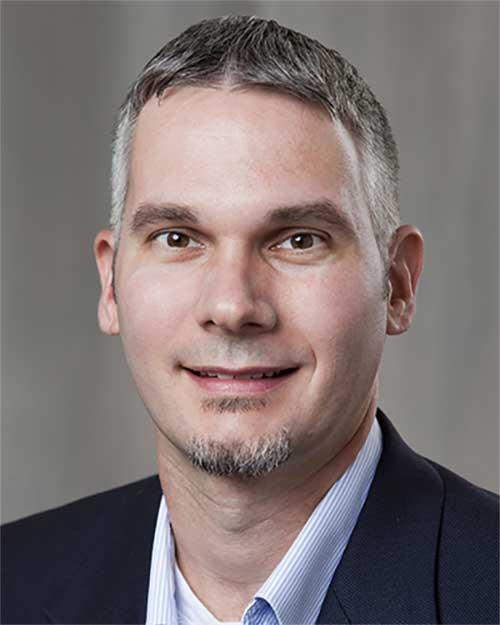
Lauren Black
Associate Professor
The Black Lab studies the role of extracellular signaling in the development of healthy and diseased cardiac tissue. We use engineering systems to probe how properties of the microenvironment induce phenotypical changes in relevant cardiac cells. Students will perform cell culture, so some experience with aseptic technique and mammalian cell culture is preferred, but not required.
Chemical and Biological Engineering
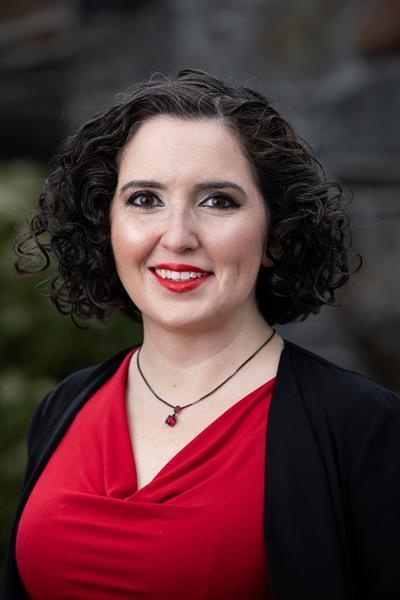
Ayse Asatekin
Associate Professor
The Asatekin Lab utilizes polymer science to develop novel materials for filtration membranes, designed for water treatment and energy-efficient chemical separations. Students will have the opportunity to gain experience in one or more aspects of this approach, from synthesizing and characterizing new polymers, to manufacturing and characterizing membrane filters, to testing novel membranes in specific applications (e.g. wastewater treatment, bioseparations, dairy applications). Students should be able to work safely in a chemistry lab (e.g. through introductory chemistry class labs); beyond that, the project will be geared towards the students’ backgrounds and interests.
Chemistry
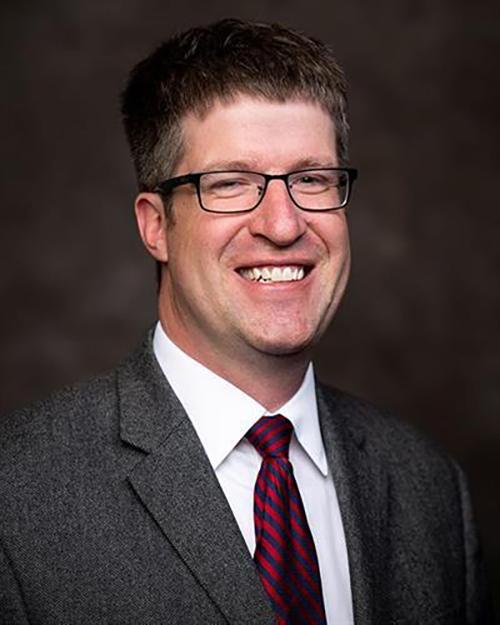
Samuel Thomas
Professor and Dean of Academic Affairs
Students in our research group use the approaches and techniques of physical organic chemistry to understand how chemical structure influences key properties of optoelectronically active organic materials. Students will use a combination of organic synthesis, characterization, polymer chemistry, chemical kinetics, calorimetry, crystallography, various forms of optical spectroscopy, and other techniques to conduct this research. Students should have completed at least one semester of organic chemistry (both laboratory and classroom).
Child Study and Human Development
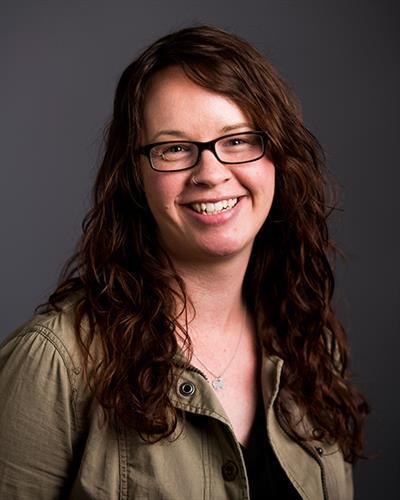
Sara K. Johnson
Evans Family Assistant Professor
Students can work on one of several research projects on the topic of how adolescents and young adults make decisions about whether and how to be civically engaged, and whether and how they aim to promote social justice in their civic actions. Tasks include data collection (e.g., sending recruitment emails), data analysis (both interviews and surveys), and writing scientific reports (articles and presentations). Students must have a major or minor in a social science field (examples include CSHD, Psychology, Sociology) or significant coursework, ideally including at least one course in social science research methods (e.g., design, quantitative methods or statistics, or qualitative methods).
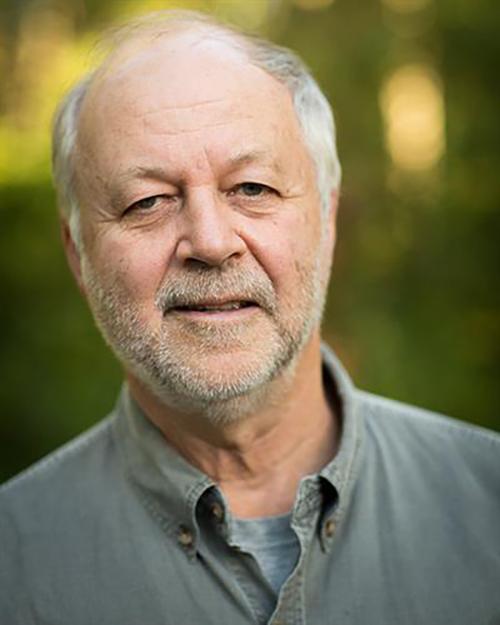
George Scarlett
Senior Lecturer
Students will assist in developing the "Tomorrow’s Earth Stewards" (TES) online magazine. They will work closely with an editor to develop new resources that support children’s and teens’ development as earth stewards. The primary focus of TES is promoting youth connections to and understanding of the natural world. Students will have the opportunity to share their own writings, visuals, and artwork as well as that of others.
Classical Studies
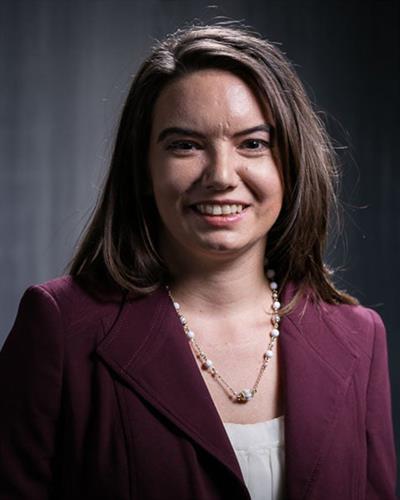
Marie-Claire Beaulieu
Associate Professor
This research project involves encoding and pursuing research on Greek mythology for the Digital Glossary of Greek Birds. Students should be familiar with either Greek or Latin, and will gain experience with digital humanities and research methods in classical studies. Thanks to the work of previous VERSE students, we are now poised to move forward with analysis and publication. In addition to encoding and data entry, interns will have the opportunity to participate in designing the platform for the publication of results
Computer Science
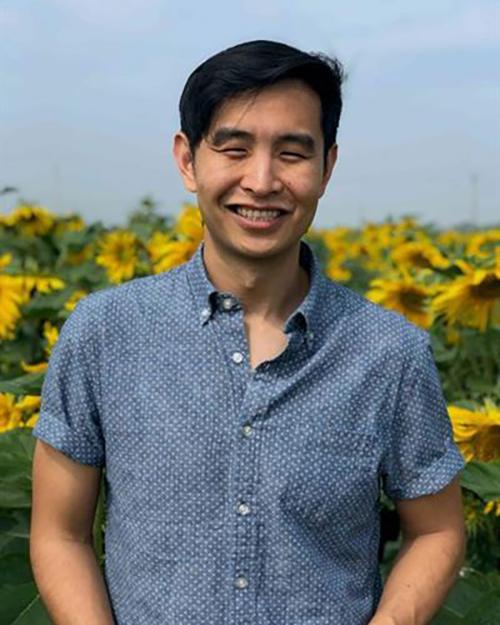
Johes Bater
Assistant Professor
This research group investigates how to build systems that protect user privacy, while also allowing organizations to collect information for large-scale analytics. Students will work on different aspects of the system pipeline, such as cryptographically-secure data processing and private data releases. For example, a student could work on building a smartphone application that collects sensitive user data for privacy-preserving processing on a public cloud server. Comfort and familiarity with at least one programming language, such as Python or C++, is preferred.
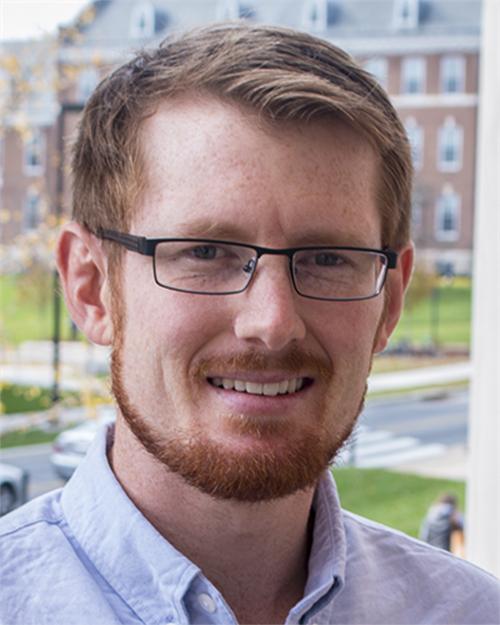
Daniel Votipka
Lin Family Assistant Professor
The Tufts Security and Privacy Lab (TSP) investigates how experts in various domains (ex. software development, network operations, and patient care in hospitals) perform routine computer security tasks. Students will work on one of several research projects in this area, supporting data collection (ex. surveys, interviews, and online data scraping), analysis (qualitative and/or quantitative), and producing scientific reports. A background in human-subjects research or computer security is helpful, but neither is necessary.
Earth and Climate Sciences
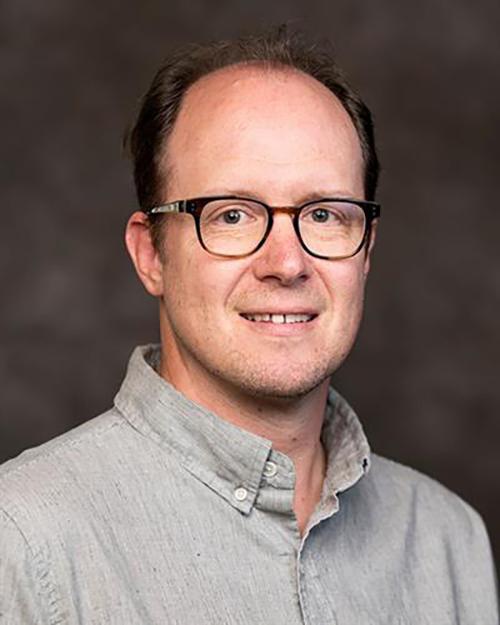
Noel Heim
Lecturer
Students in this lab will have the opportunity to research the paleontology and extinction of marine invertebrate animals, such as trilobites, clams, and ammonites. Students will test for statistically reproducible relationships among extinction selectivity patterns, ecological traits of species, and environmental conditions. They will contribute new data to an existing paleontological database and analyze portions of this database for individual research projects. Additionally, they will have the opportunity to remotely mentor high school interns in California who are working on the same project. There are no prerequisite courses and students will learn basic paleontology, statistics, and computer programming in R.
Education
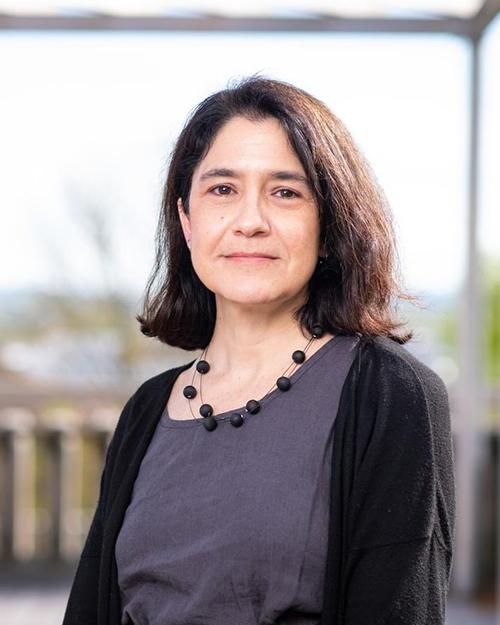
Bárbara Brizuela
Professor and Dean of the Graduate School of Arts and Sciences
Susanne Strachota
Post-doctoral Scholar
Students involved in this research study will gain experience in qualitative analysis and be introduced to design-based research with young learners in a classroom setting. This study explores young children’s understanding of algebra, including their engagement with algebraic thinking practices such as generalizing and representational tools such as tables, Cartesian coordinate graphs, and diagrams. This research group addresses a challenge to long-held assumptions that young children (ages 5-7) have a limited capacity to generalize, represent, and reason with relationships in ambitious ways and across a broad expanse of content. Our work has the potential to be transformative by providing clear directions regarding the design of new interventions and resources that can accelerate algebra learning in grades K–2 and inform the improvement of educational policies, practices, and resources. Candidates should be strong mathematics students with an interest in mathematics education. Ideal candidates have experience with excel and working with young learners.
Electrical and Computer Engineering
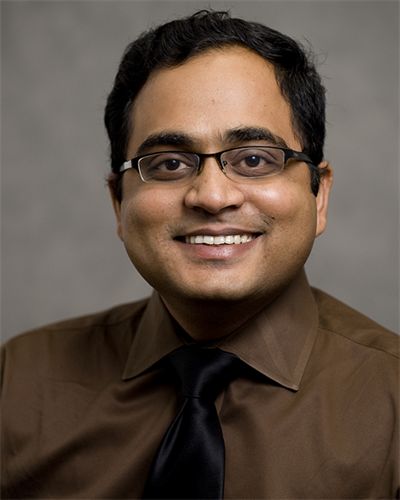
Sameer Sonkusale
Professor, Electrical and Computer Engineering
Professor, Biomedical Engineering
Professor, Chemical and Biological Engineering
Professor of Electrical and Computer Engineering Sameer Sonkusale's "Nano Lab" works on the next generation of wearable and implantable devices. Students will gain research experience that spans from the development of materials and sensors, to the development of integrated prototypes using existing sensors. Background in any engineering discipline will be relevant for the project. Visit the Nano Lab website for more information on ongoing research projects.
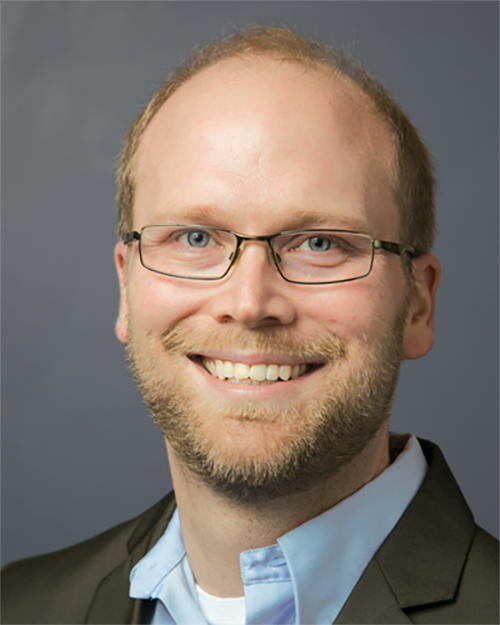
Thomas Vandervelde
Professor, Electrical and Computer Engineering
Professor, Mechanical Engineering
Chair, Electrical and Computer Engineering
Professor, Physics & Astronomy
This research group focuses on renewable energy with an emphasis on developing new materials for photovoltaics (solar). Students will have the opportunity to aid in characterizing the optical properties of these materials. Results from these experiments will be included in publications and conference presentations, which students can be a part of with continued involvement in the lab.
Mathematics
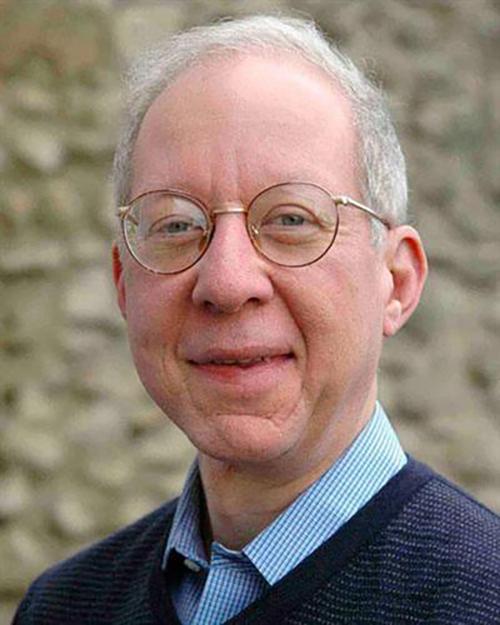
Todd Quinto
Robinson Professor in Mathematics
This project, entitled "Artifacts in Limited Data Tomography," will provide students with the opportunity to research a practical problem in limited data tomography (when some data are missing). Students will first go over the field and then program an algorithm for a specific problem in Compton tomography or ultrasound. Students will test and evaluate the performance of the algorithm and determine how well it images objects from various limited data sets. Typically, such reconstructions show some parts of the object better than others, and students will conjecture what the artifacts are and why they are there. Students will use this to improve the algorithm and better understand the problem. Calculus plus some knowledge of Matlab or a high-level computer language is required.
Occupational Therapy/Community Health
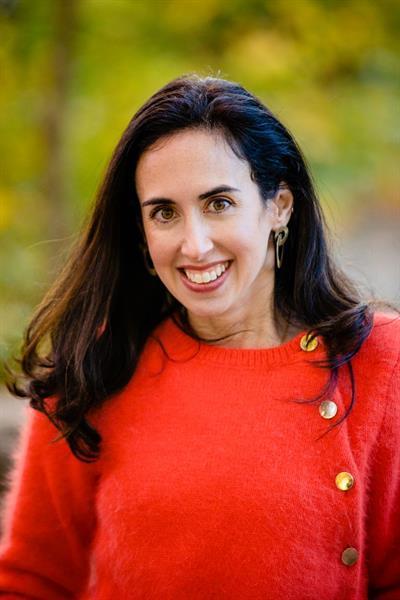
Keren Ladin
Associate Professor
Structurally marginalized groups experience disproportionately low rates of organ transplantation. To improve equitable patient-centered transplantation, our research examines the role of implicit and explicit bias in transplant listing decisions and tests an intervention to reduce bias among clinicians. Our research considers policy tradeoffs in transplantation, such as balancing ethical principles of equity, efficiency, and justice, in an attempt to optimize fairness in organ allocation. Given that transplantation is a rare example of public rationing of life-saving treatment in the United States, it provides an ideal case for studying procedural fairness and distributive justice in the context of our healthcare system. Students in this lab will take on projects that examine shared decision-making and quality of life issues relevant to older adults with complex conditions, such as end-stage kidney disease.
Physics and Astronomy
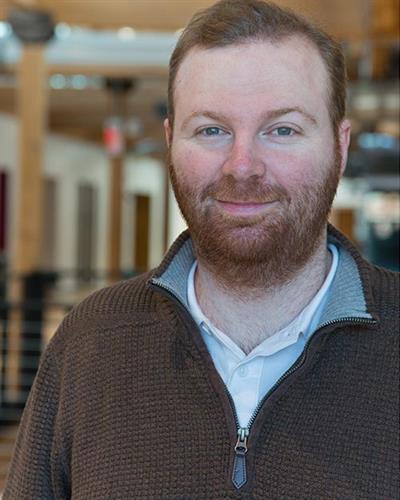
Mark Hertzberg
Associate Professor
The student selected to join this research group will engage in research in the field of theoretical cosmology. Topics include dark matter, theoretical aspects of gravity, and connections to particle physics. The selected student will perform comparisons between theoretical predictions and data. Prerequisites include some background in math and physics, and preferably, some computing experience.
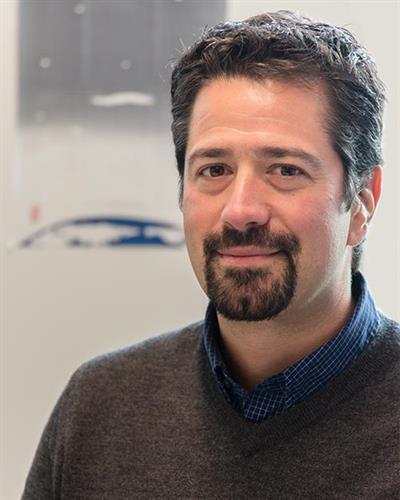
Danilo Marchesini
Professor
The student selected for this project will engage in research in the field of astronomy. Research topics may include the formation and evolution of galaxies and actively accreting super-massive black holes. Prerequisites include any prior programming experience, with preferably basic knowledge of Python or IDL as well as some background in math and science.
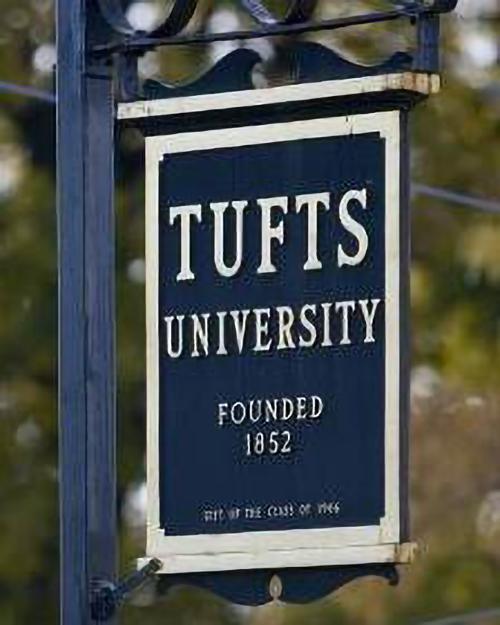
Taritree Wongjirad
Assistant Professor
Our group conducts research at the intersection of particle physics and artificial intelligence. We aim to increase our understanding about neutrinos and potentially use measurements of neutrino interactions with matter to probe for new fundamental forces and particles. One primary avenue our group takes to better conduct such experiments is to improve the way we analyze data. We focus on improvements through the development of machine learning algorithms. Students may work on projects that involve the application of deep neural networks to the analysis of data coming from neutrino detectors. Other projects will focus on improving the numerical simulations we use to model the behavior of our detectors. Through our group, students will also participate in events hosted by the National Science Foundation (NSF) Institute of Artificial Intelligence and Fundamental Interactions (IAIFI) (iaifi.org). IAIFI is an institute composed of physicists and computer scientists from Tufts, MIT, Harvard, Brandeis, and Northeastern.
Psychology
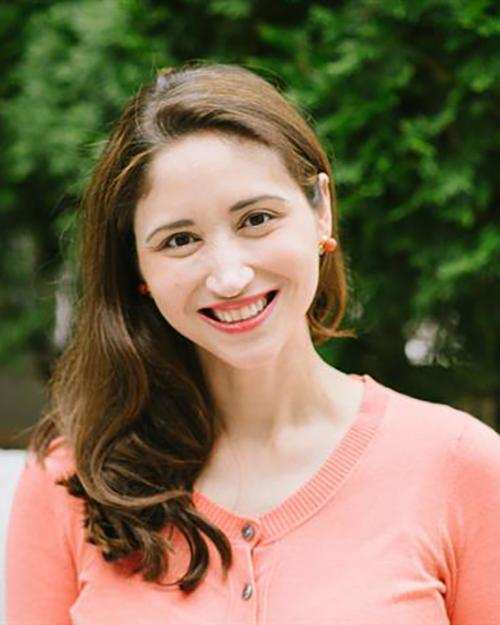
Xandra Kredlow
Assistant Professor
This lab studies memory and emotion, with a particular focus on fear and anxiety. The selected student will help with ongoing research projects related to measuring physiological responses during fear extinction. Currently, skin conductance is the most commonly used measure in this context. However, there are challenges with this measure that are particularly pronounced in some minority groups. This lab is collecting data to consider an alternative measure: pupil dilation. This project will entail examining already collected skin conductance and pupil dilation data across participants to determine if pupil dilation is a more reliable measure of threat responses.
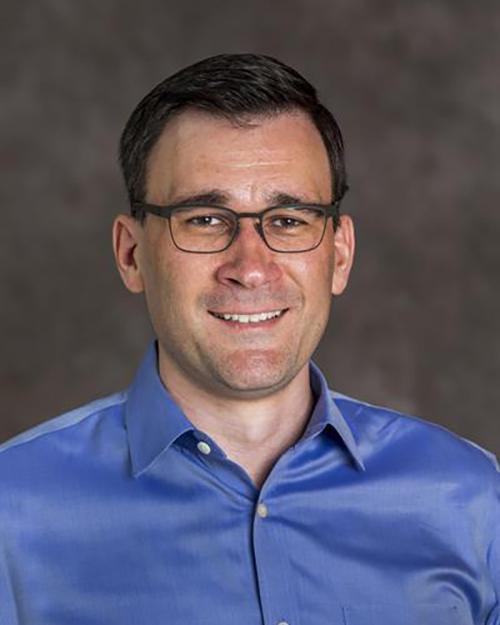
Paul Muentener
Associate Professor
The Cognitive Development Lab focuses primarily on the development of causal learning and exploration across childhood. Current and planned projects focus on the role of memory in children's causal learning, how causal reasoning influences children's spatial language development, and how parent-child and educator-child interactions influences how children explore, talk, and learn about cause and effect.
School of the Museum of Fine Arts at Tufts
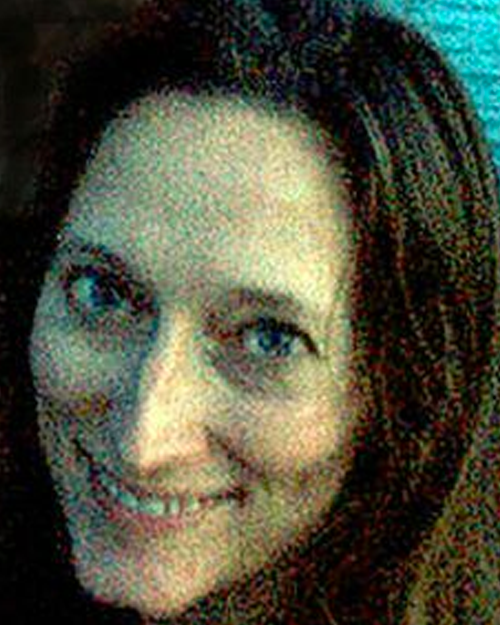
Patte Loper
Professor of the Practice
The student selected for this project will assist with the development of artworks for exhibition on variable-level sea-rise data. The student will assist with the construction of structures, the creation of sound pieces, Arduino technology, and performance.
Urban and Environmental Policy and Planning
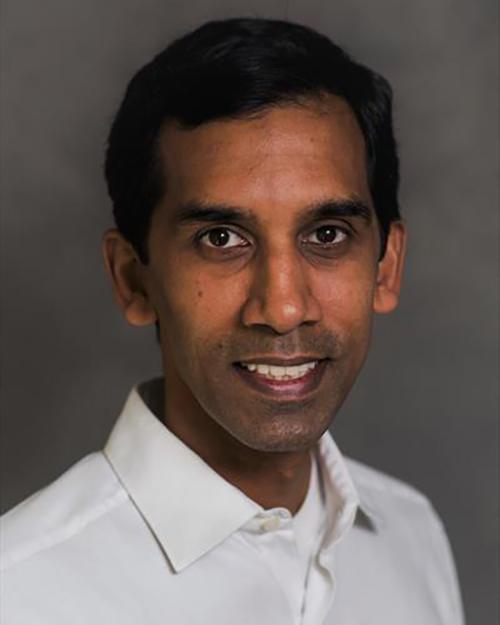
Shomon Shamsuddin
Associate Professor
In this research project, students will engage in understanding different housing challenges, including affordability, quality, and stability. A focus will be on investigating the social and spatial consequences of housing development for low-income households. Students may be involved in data collection, data analysis, searching for related literature, or writing papers, based on experience and interests.